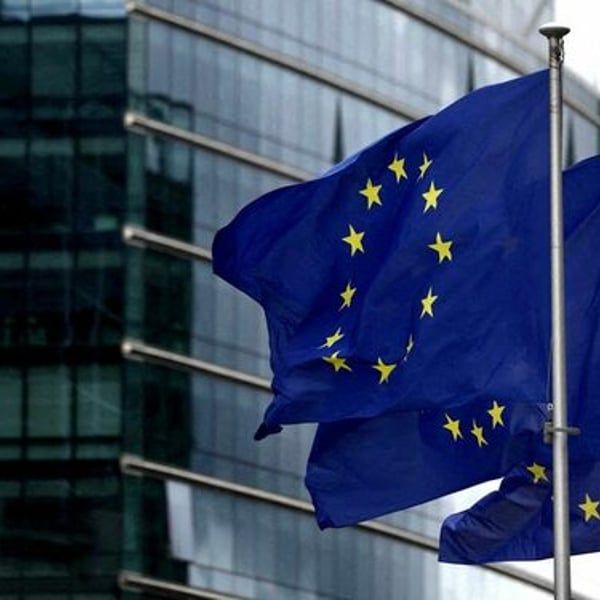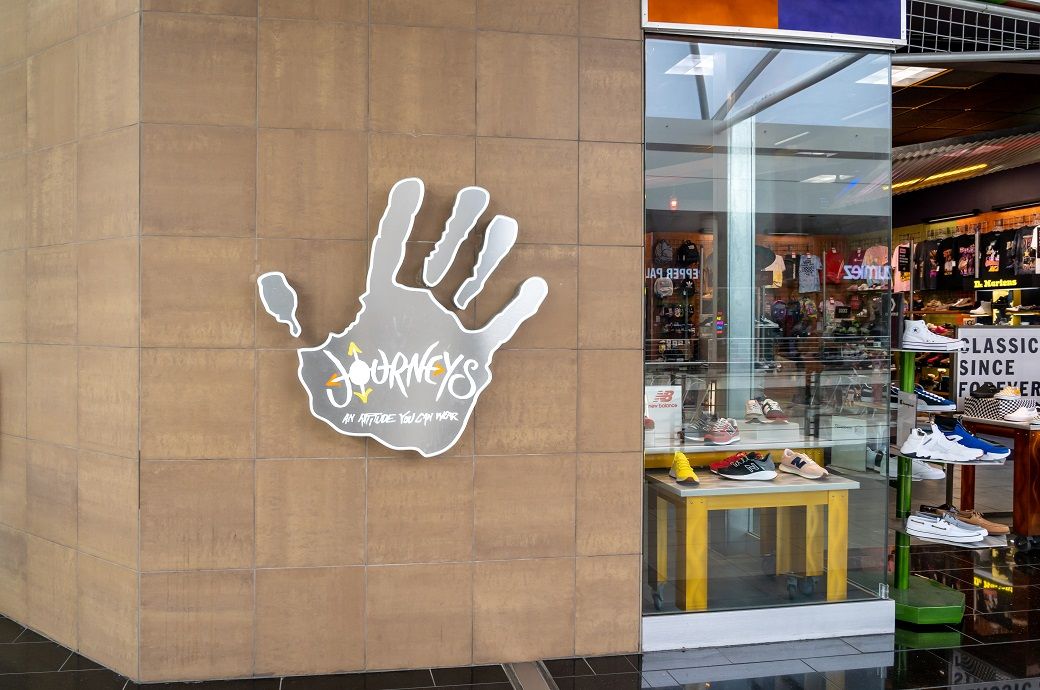By
Reuters API
Published
March 10, 2024
As the world's biggest tech companies revamp their core online services to comply with the European Union's landmark Digital Markets Act, the changes could give some smaller rivals and even peers a competitive advantage.
The DMA is Europe's attempt to rein in Google, Amazon, Apple, TikTok owner ByteDance, Meta Platforms and Alphabet's Microsoft and create a level playing field for smaller rivals and ultimately more competition for Europeans.
The sweeping legislation forces some of the world's largest technology companies to make it easier for consumers to choose services from different providers.
“The winners will be small European companies, which will have more options and more visibility than large companies,” said Christophe Carugati, from the Digital Competition consultancy.
For example, Meta has to make its Facebook Messenger and WhatsApp services interoperable with eligible rivals, as long as they meet the company's technical and security standards.
In practice, this means that users of other messaging apps like Signal and Telegram, which have gained traction internationally for their emphasis on protecting user privacy, will soon be able to chat with Messenger and Whatsapp contacts without switching apps.
Meta says in its compliance report that it is striking a balance between creating a viable approach for third-party vendors interested in being interoperable with Meta while also maximizing user security and privacy.
Similarly, Google Android phone users will be guaranteed the ability to choose the default search engine when setting up their device, presenting a huge opportunity for alternatives like privacy-focused DuckDuckGo and privacy-conscious Ecosia. environment.
“Implementing these new rules is a step in the right direction, but the proof of the pudding is always in the eating and whether we see any significant change in market share,” said Sophie Dembinski, head of public policy at Ecosia.
Google said in a blog this week that changes to search results would mean large brokers and aggregators would get more traffic, while hotels, airlines, merchants and restaurants would get less.
EU consumers have also gained new privacy protections, as the DMA introduces new rules on how these companies use their data.
For example, users can separate their Facebook and Instagram accounts, so information will no longer be shared between platforms for tracking and targeting purposes.
App store wars
While the DMA offers new avenues for smaller rivals to access consumers, existing tech giants could also see their peers take a chunk of their market shares.
Apple arguably stands to lose the most from the DMA, which forces it to open its lucrative App Store, an opportunity that both Big Tech competitors and smaller startups are likely to seize.
Under the DMA, Apple will have to allow software developers to distribute their apps to EU users outside of its own App Store.
Apple has warned that changes to its iOS mobile operating system, the Safari web browser and the App Store carry increased risks for users and developers, as they could include new avenues for malware, fraud and scams, illicit content and harmful, and other privacy and security aspects. threats.
Apple's critics say it is only interested in defending its profits, since it receives a 30% commission on in-app purchases.
The implementation of the new rules comes amid an escalating dispute between Apple and Fortnite maker Epic Games, one of its long-time critics.
Fortnite had planned to launch its own app store on iPhones and iPads in the EU, according to the DMA. But on Wednesday, Apple canceled a new developer account that Epic had created in Sweden. In response, Epic accused Apple of eliminating one of the biggest potential competitors to Apple's App Store.
The Commission has asked Apple for explanations and considers that the matter is a priority and that it could become a test case for the new rules.
© Thomson Reuters 2024 All rights reserved.












